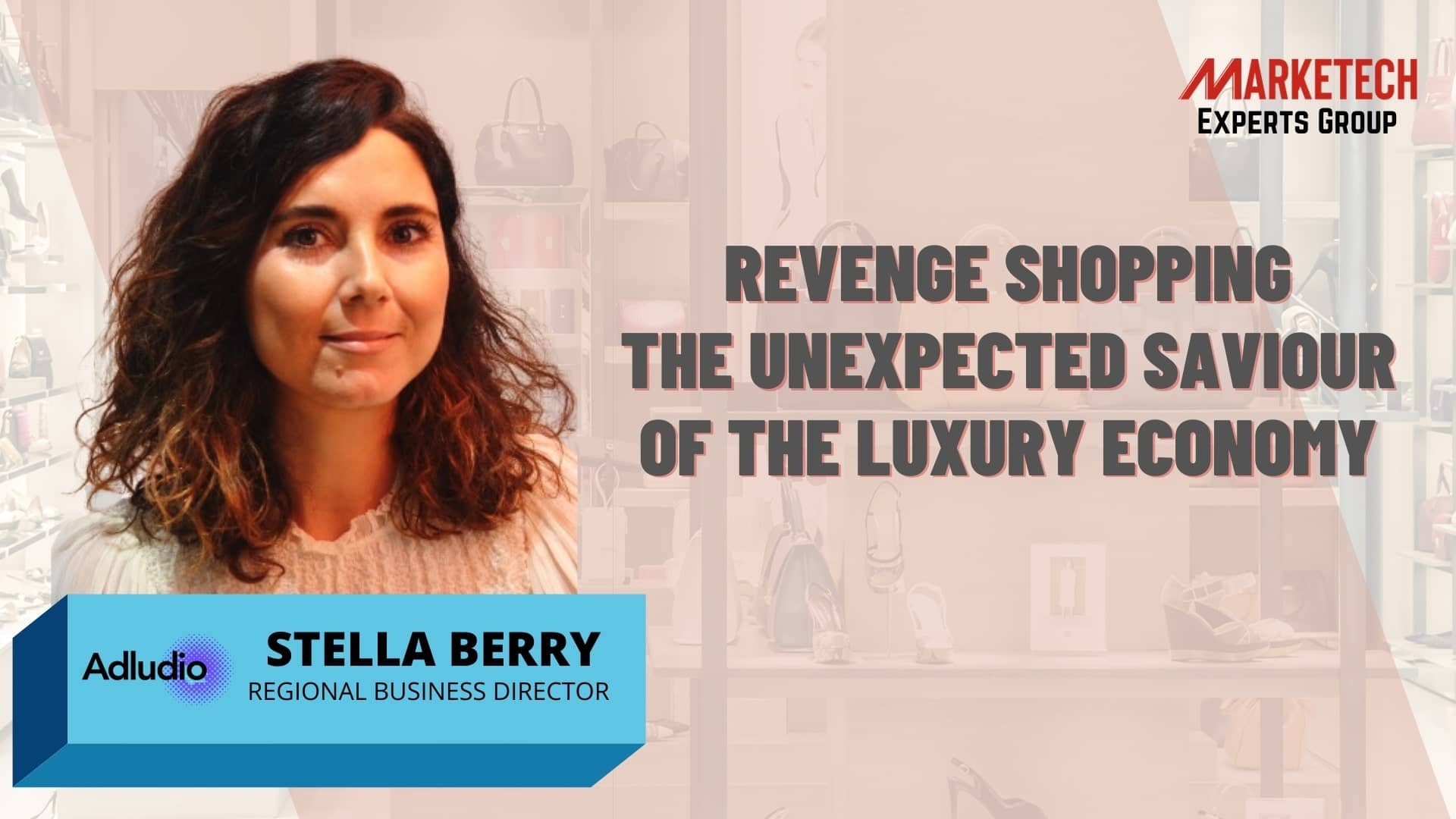If you want to land that job, you better start thinking like an entrepreneur. An entrepreneur sees the job posting as a company’s way of generating leads for new employees, perceives the resume as a sales brochure they give to an interested customer or client, views the interview as an exploratory discussion about how the candidate and employer can work together, identifies the salary negotiation as a measure of each other’s value propositions, and recognizes employment as a partnership to help the organization thrive in a competitive market.
In the same way that companies behave that way about their business dealings, so should job seekers towards employment opportunities. So how do top entrepreneurs acquire the best opportunities in the market? Simple–personal branding.
What is personal branding?
Personal branding is many things. It is a story, a vision and mission statement, an image, a perceived value, and much more. Whether or not you are consciously developing your personal brand, chances are there is already a clear picture of who you are to other people. If you want to do an audit on your ‘Personal Branding score’ you might want to consider checking what your network and even what your digital footprint is saying about you. There are many ways to check but a simple Google search will suffice most of the time.

Personal branding is a soft and inbound form of selling and marketing. In this case, you will need that just to get your foot in the door in job applications. But it is not as grand as you think. In reality, employers do not really care about your badges and certifications, what they care about and what they usually ask themselves to evaluate you is “Will this person really deliver value to my company?” “Can he increase revenue or reduce cost, or perhaps increase our stakeholder value?” You have to prove it with what you know and it has to show in that interview and even in as simple as your LinkedIn profile, posts, likes, shares, and comments.
How does one start building their personal brand?
You may be wondering about the ways people are able to build their personal brand. Certain ways include working on your wardrobe, makeup, body language, and also your aura. But with the rise of the Fourth Industrial Revolution, wherein the separation between the digital, physical, and biological world blurs, more and more people are resorting to also building their personal brand online. Such ways to do so are through social media platforms like LinkedIn as well as the traditional websites.

There is a whole lot of process in building one’s personal brand online, but you cannot really make a solid one if you do not work on drafting your purpose, or in sales or marketing terms, your ‘value proposition’.
Maybe you are wondering where to get the inspiration to position yourself as someone of value. Because you will actually have to produce a lot of content whether online or offline to demonstrate this. Here is a tip – evaluate your identity and everything else attached to it so you can convince employers that you are clear with your intentions and so they can ultimately hire you.
What was your life story like and how did it influence the way you interact with the world? What life-changing experiences did you have and how did they inspire you to make specific decisions today? Do you see the world in numbers or is it very abstract to you? What advocacies do you have? What would you say are your talents and skills?
The answers to these questions will help you craft a sales pitch about you and your talent as well as how this can provide value to people. That way, it will be a lot easier to market and sell your brand so you can get the job you need.
What comes next after finding my ‘purpose’?
Once you have jotted down your ‘purpose’ clearly, you can now identify the features of your talent to support your personal brand.
Here is one example – someone had just discovered that his purpose is helping organizations in reducing poverty. If you think about it, there are many ways to support his brand with this image. Perhaps he would like to position himself as an educator who wants to make his students more employable so that they can have a decent source of living. Maybe he would want to become an entrepreneur who is growing his business to create additional jobs in the market. He might also want to brand himself as a politician wanting to create policies to improve the conditions of the job market. The choice is entirely up to him and is dependent on the option he has the competency to do. Regardless, whichever he chooses determines the next step.

The next step looks like this: If he chose, for example, to position himself as an educator, he might want to consider flashing credentials focusing on his academic background and teaching experience. That means awards, research papers, teacher volunteer work, and high grades are important.
If he goes for the entrepreneur route, it may be a bit more different. Who he knows and the amount of skin in the game he has is more important to effectively position himself as such. Now if he opts for being a politician, he might want to also consider establishing the existence of his vast connections and how genuine he is in providing quality public service. Only after making his choice was he able to make a clear messaging online about who he is and how valuable his service and talents are to people.
Why personal branding?
At the end of the day, it is not really much about bragging who you are and what people think about you. personal branding is ultimately a means to communicate your value and how this value can help solve problems and change lives. In truth, jobs did not exist just for the sake of producing jobs in the market. They were created to solve problems, and if you are able to prove that you are capable of effectively solving the pain points of organizations in need of your talent, then you can truly get the opportunities that match your needs.
The author is Danica Octa, president, and CEO of Metamorphosis Group.
Metamorphosis Group is a career coaching firm supporting job seekers, career explorers, and career changers into new opportunities.
If you want to be part of MARKETECH Experts Group, please click here.








